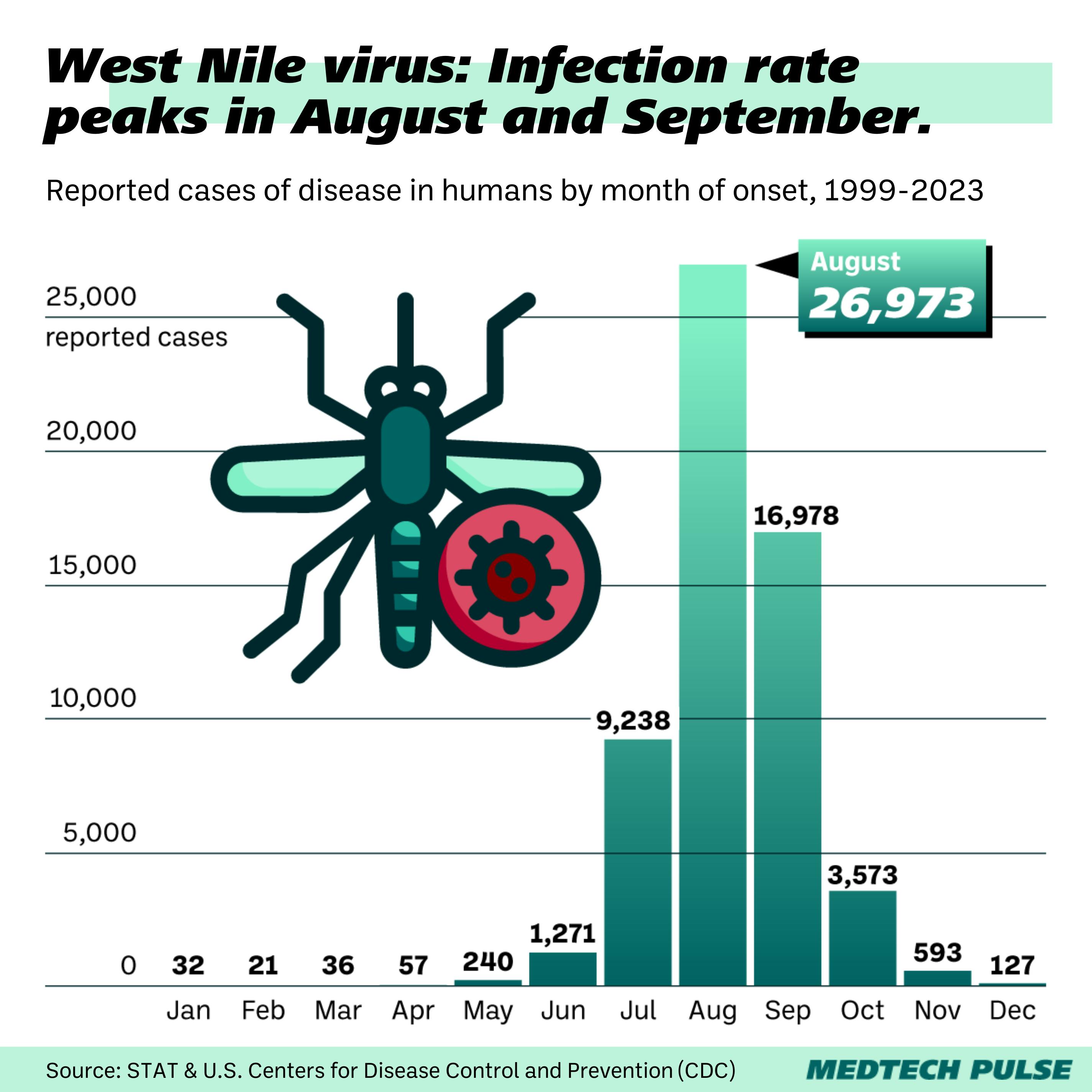Can innovation keep up with all these viruses?
It’s a topic we’re all understandably tired of. But that doesn’t stop them.
Everywhere you turn, viruses are back in the headlines.
Yes, some of it is COVID-19. With the summer surge (now being felt by attendees of America’s Democratic National Convention and Europe’s Taylor Swift Eras Tour), many countries are re-upping public health guidelines, testing, and masking protocols.
But it’s not just our foe from 2020 the public health community is worried about:
- Mpox (formerly known as monkeypox) is also back. The WHO has launched a plan to tamp down this reignited public health emergency. A significant portion of the required funding for this plan will be dedicated to expanding vaccine access in the hardest-hit African countries.
- Amidst the war in Gaza, polio is rearing its head. As the Palestinian health system nears collapse due to raging war, a vaccination effort is underway.
Plus, with August just behind us and September warmth lingering, it’s mosquitoes' favorite time of year.

Mosquito-borne viruses are spreading through areas of the world not historically accustomed to them:
- The U.S.’s Anthony Fauci was just hospitalized for West Nile Virus, which has been spreading further north in the Americas each year as climate change impacts mosquito populations.
- Another scary mosquito-borne virus in the headlines: EEE on the U.S. East Coast.
Of course, we are not helpless in the face of these health threats. We don’t have to let these viruses spread further and hurt more people. However, we need to ensure this kind of innovation remains a priority for industry and governments.
In the U.S., federal funding following 2020 for pandemic preparedness has fizzled out. STAT reporters have compared a major center of virus research to the freezer of a local grocery store.
It would be a mistake to let everything we’ve learned from COVID and these other viral threats fall by the wayside.
Beyond vaccines, even simple innovations can do a lot. For instance, studies demonstrate that air filtration can lower respiratory virus transmission significantly, with effects like lowered absenteeism in daycare centers.
Plus, as we learned with COVID, far-flung outbreaks can’t be treated as “out of sight, out of mind.”
Health is truly global, and we must treat it as such.
